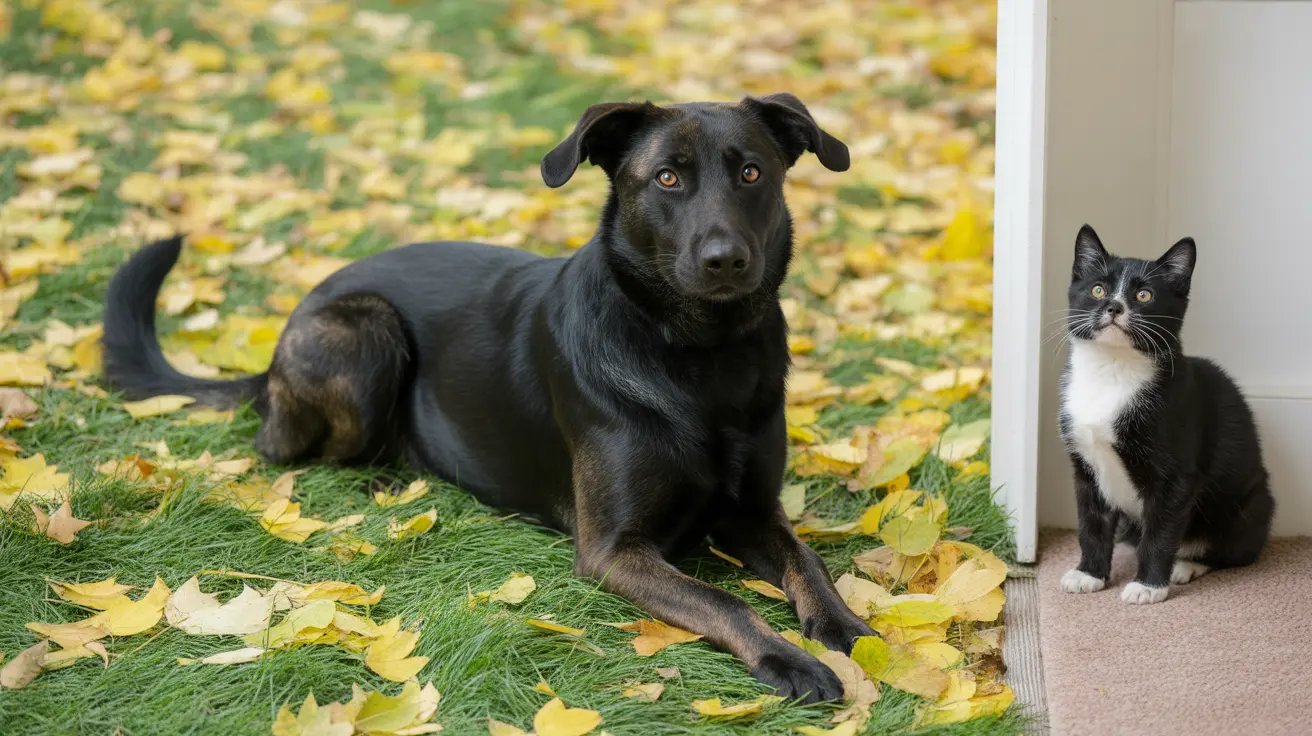Can Dogs Eat Lima Beans? A Complete Guide
If you’re wondering whether lima beans (also called butter beans) are safe for your dog, you’re not alone. Many pet owners look for healthy treats to supplement their dog’s diet, and beans often come up as a nutritious option. Let’s explore everything you need to know about feeding lima beans to your canine companion.
Are Lima Beans Safe for Dogs?
Lima beans are safe for dogs—but only when they’re fully cooked and served plain. These beans provide plant-based protein, dietary fiber, and a variety of vitamins and minerals like iron, potassium, manganese, folate, magnesium, and vitamin C. The fiber content helps regulate your dog’s digestive tract, promotes regular bowel movements, prevents constipation, and can support a healthy weight by making your dog feel full.
As a low-calorie and low-sugar snack option, cooked lima beans can fit well into most dogs’ diets when given in moderation.
The Dangers of Raw Lima Beans
Never feed raw lima beans to dogs. Raw beans contain compounds that may be mildly toxic and can cause digestive upset—or worse, cyanide poisoning if consumed in large quantities. Signs of toxicity include:
- Vomiting
- Diarrhea
- Lethargy
- Difficulty breathing
If you suspect your dog has eaten raw lima beans and shows any of these symptoms, contact your veterinarian immediately.
How to Prepare Lima Beans for Dogs
- Sourcing: Use fresh or dried lima beans rather than canned varieties (which often contain added sodium or preservatives).
- Soak dried beans overnight.
- Boil the soaked or thawed frozen beans in water until fully soft.
- Avoid all seasonings: Don’t add salt, garlic, onions, or spices—these can be harmful to dogs.
Canned lima beans should be avoided due to high sodium content and potential additives that could upset your dog’s stomach or lead to dehydration.
Introducing Lima Beans: Start Slow
If you’re adding lima beans to your dog’s meals for the first time, start with a small amount. Watch closely for signs of digestive upset or allergies such as redness, itching, vomiting, or diarrhea. If you notice any unusual symptoms after feeding lima beans (or any new food), consult your veterinarian promptly.
Lima Beans as Part of a Balanced Diet
Lima beans should never replace animal protein in your dog’s diet. While they offer plant-based protein and nutrients that can supplement meals, dogs require high-quality animal protein for optimal health. Think of cooked lima beans as an occasional treat or a small addition to homemade meals—never the main course.
- Treat guideline: Lima beans should make up no more than 10% of your dog’s daily calories.
- Serving size: Small dogs can have about a teaspoon; larger breeds may enjoy up to half a cup mixed into their food.
If you feed too many lima beans at once, your dog might experience gas or digestive discomfort—so moderation is key!
Other Beans Dogs Can Eat (and Which Ones to Avoid)
Your pup can enjoy other types of cooked (never raw) plain beans in moderation:
- Black beans
- Pinto beans
- Navy beans
- Kidney beans (cooked only)
- Green beans
- Edamame (soybeans)
- Garbanzo/chickpeas
Avoid baked beans, refried beans, chili beans—or any bean dish with added fat, sugar, spices (especially garlic/onion), or seasonings. These are unsafe for dogs and may cause serious health issues.
Lima Beans: Practical Tips & Warnings
- If using frozen lima beans: Thaw before cooking; serve plain after boiling until soft.
- If using dried: Soak overnight before boiling thoroughly; never serve undercooked legumes.
- Avoid canned versions due to sodium/preservatives unless labeled no-salt-added and unseasoned (still rinse well).
- If your pet has a sensitive stomach or allergies—or is on a prescribed diet—consult your vet before introducing new foods like lima beans.
The Bottom Line on Lima Beans for Dogs
Dogs can benefit from the fiber and nutrients found in properly prepared lima beans when offered as an occasional treat. Always cook them thoroughly without seasoning; introduce slowly; watch for adverse reactions; and keep portions small relative to body size. Your furry friend will thank you for the tasty—and safe—variety!





